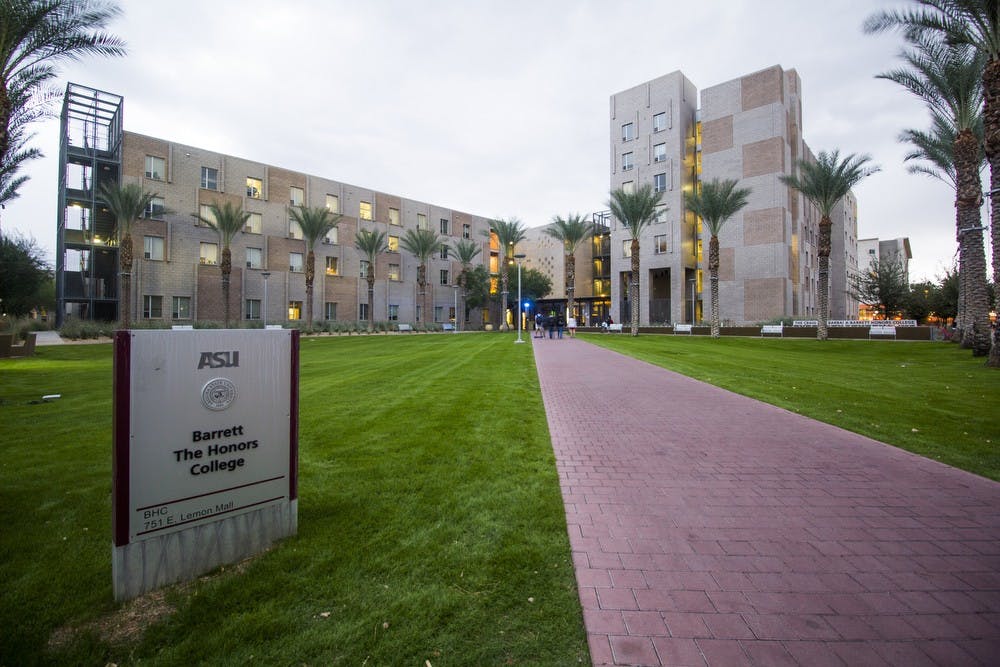For Native American students at ASU, the transition to university life with only a small community of Native students present can be daunting.
The Barrett Indigenous Culture Association started last semester and is dedicated to educating the general ASU population about Native American culture, as well as recruiting and retaining Barrett native students.
Construction engineering sophomore Robyn
“My mom was a single parent and we had no idea how to pay for college,”
Now in her second year of college,
“I think a central space is important because I grew up on the reservation,”
Computer systems engineering sophomore Dianne Numkena and treasurer of BICA said she too came from the reservation to ASU, where life on the reservation compared with university life were polar opposites.
"Many of us are used to always being around and helping out our families back home as well as being used to lifestyles such as going to town (going to the city) once a week to get groceries and to do laundry as well as getting necessities for the next week," Numkena said. "If you were lucky, you had a ride to get to town."
Now that Numkena is in her third year at ASU, she said she still finds the difference between life on the reservation and life at the University a culture shock.
“Transitioning to the city was and still is a huge culture shock in the sense of not initially having others around you who share the same experience and not knowing how to navigate the city,” Numkena said.
Numkena is glad about the progress of BICA and said it is important for native students to connect to their culture while being so far away from home.
“I think it is important for us as ASU students to have a centralized space for native students to meet, teach and learn from each other since we all have our own
Junior Allison, civil engineering sophomore and vice president of BICA, is a third-generation Sun Devil. He said the Native community at ASU is close-knit because there are very few of them, it shouldn’t stop Native students from coming to ASU.
“For natives coming from the reservation, they have a hard time,” Allison said. “If they have something to go back to and reflect on their culture, it really helps them remember those roots at home and stay in school.”
Allison said that BICA and other native organizations on campus are adamant about students getting involved if they want to connect to their culture.
“If you just get involved many resources open up to you,” Allison said. “You make connections and network with the older people. I think the key is to stay involved at ASU — or any university for that matter.”
Related Links:
ASU scholar honored at the White House for her work with Native American students
ASU celebrates Native American Heritage Month
Reach the reporter at sgreene6@asu.edu or follow @thesydneygreene on Twitter.
Like The State Press on Facebook and follow @statepress on Twitter.




